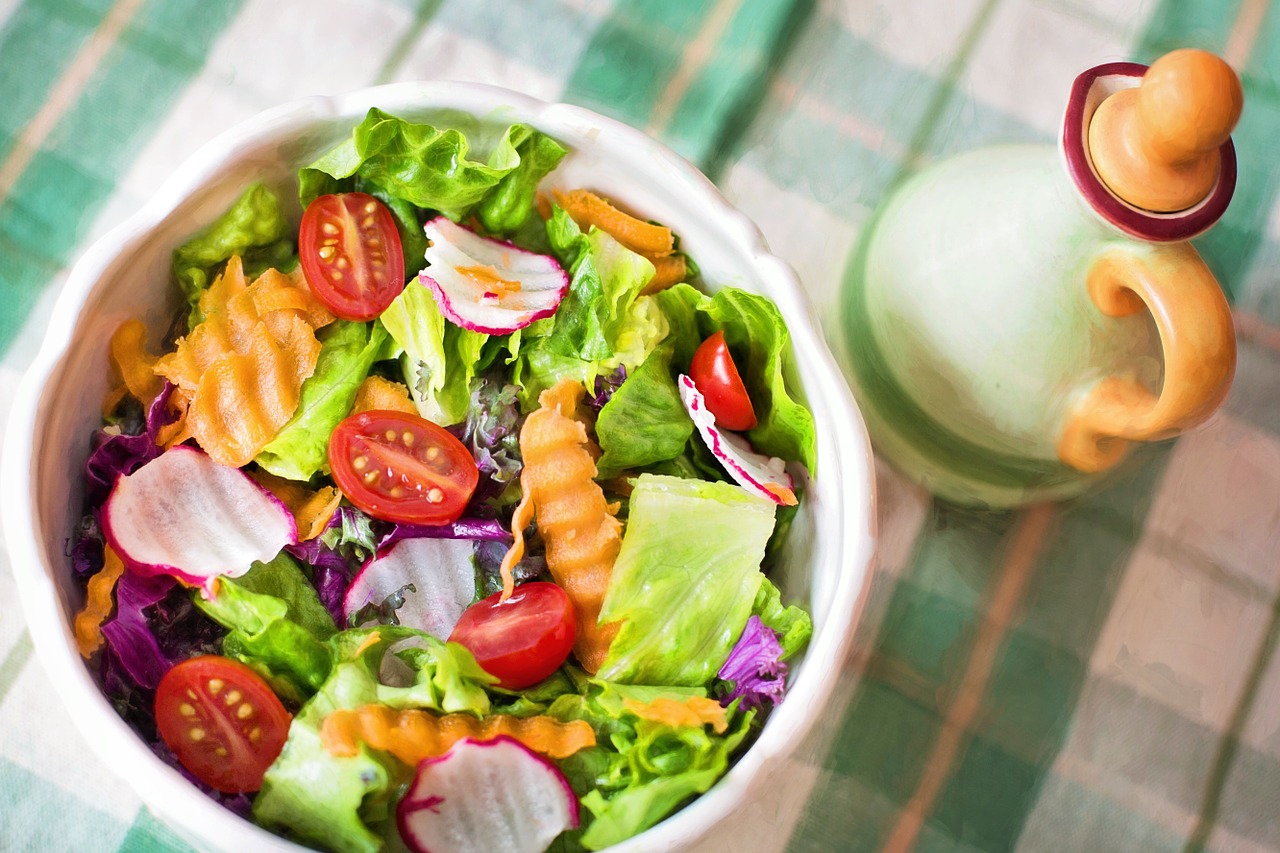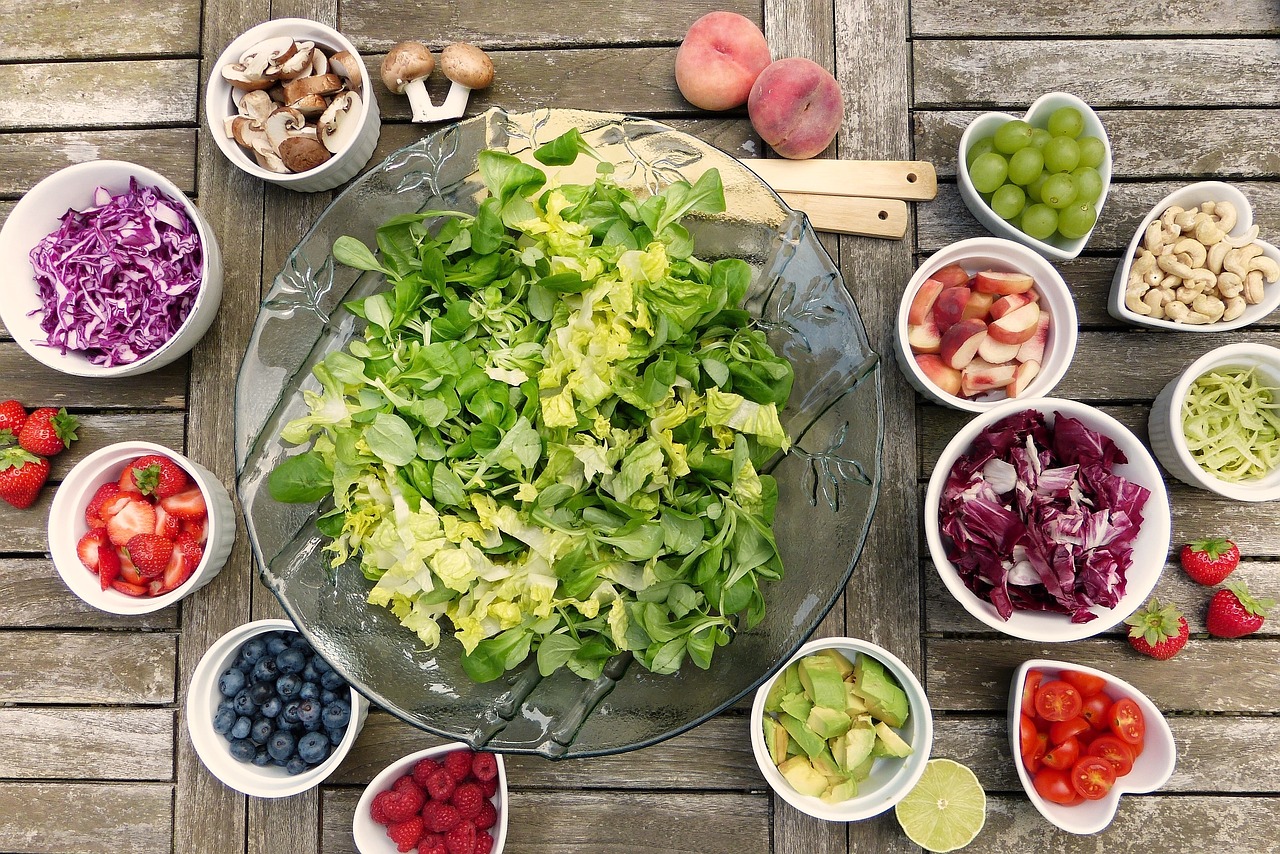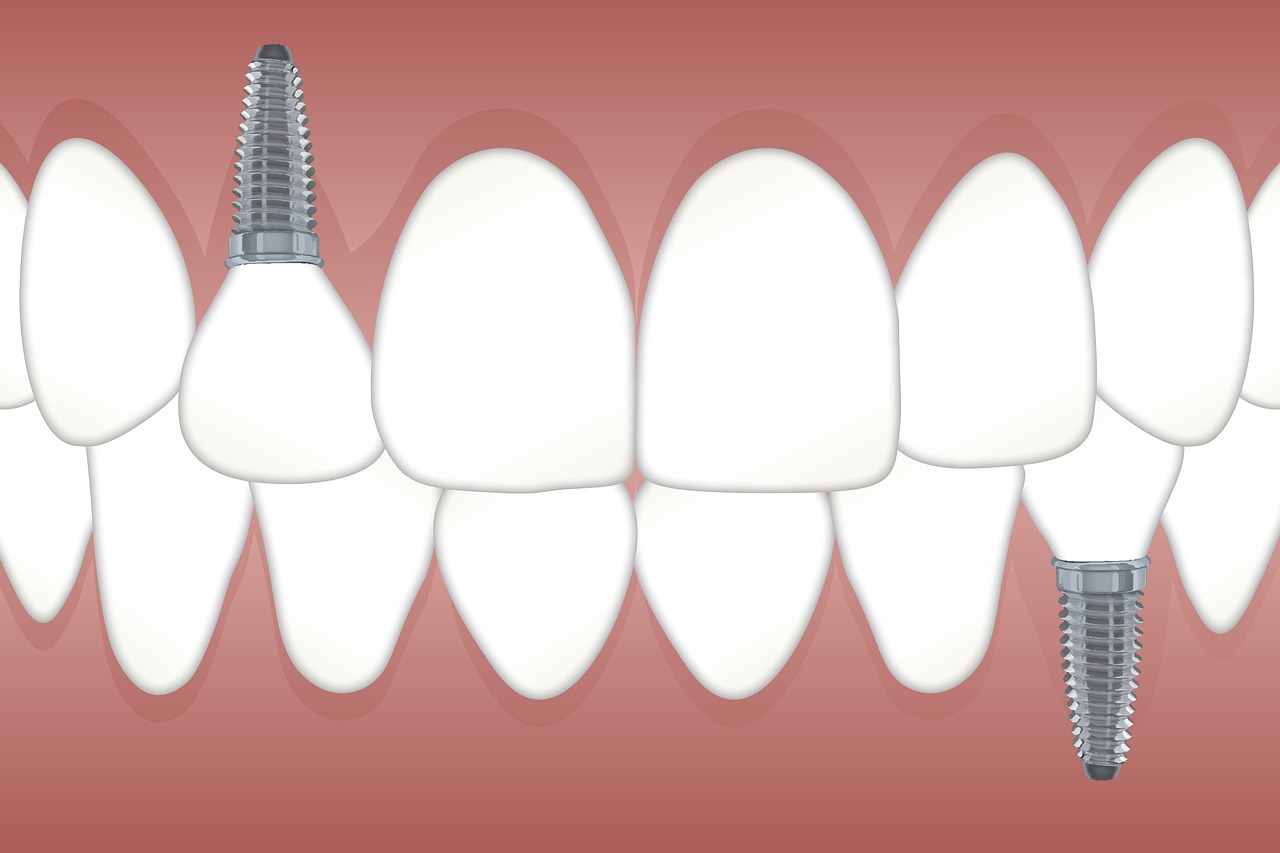BETHESDA, MD – Rare variants combined with background genetic risk factors may account for many unexplained cases of familial breast cancer, and knowing the specific genes involved could inform choice of prevention and treatment strategies, according to findings presented in a plenary session at the American Society of Human Genetics (ASHG) 2017 Annual Meeting in Orlando, Fla.

Na Li, MD, and Ian Campbell, Ph.D., Peter MacCallum Cancer Centre (courtesy Drs. Li and Campbell)
Researchers Na Li, MD, who presented the work; Ian Campbell, Ph.D., lead investigator; and their colleagues at the Peter MacCallum Cancer Centre in Melbourne, Australia, focused their study on patients at high risk of breast cancer: those with a personal or family history who were seeking an explanation.
“When you know which gene is conferring the risk of breast cancer, you can provide a more precise estimate of risk, know what to expect and watch out for, and tailor risk management strategies to the patient,” said Dr Campbell. Unfortunately, in about half of these high-risk patients, no known genetic cause was found, suggesting a more complicated explanation. In such cases, cancer geneticists had long suspected that polygenic risk (risk conferred by a combination of genetic variants) was involved.
Genes do not work on their own, but rather as part of one’s overall genetic context explained Dr Li. “That ‘polygenic risk’ background is like a landscape full of hills and valleys, with each risky variant like a house on top of it,” she said. “If you inherit a high-risk variant – a tall house – but live in a valley, your overall risk of breast cancer may end up being average because your genetic landscape pulls it down.”
The concept of background genetic risk is not new, but for many years, scientists did not have the tools to collect and analyze the thousands of genomes needed to quantify it. Recent improvements in next-generation sequencing technology have addressed this challenge. As a result, Dr Li and colleagues were able to sequence up to 1,400 candidate breast cancer genes in 6,000 familial breast cancer patients and 6,000 cancer-free controls. In this large sample, they searched for potential cancer-associated genes suggested by the literature, collaborators, and their own previous results, and identified at least 46 genes that were at least twice as likely to have mutations among participants with breast cancer than in those without.
They also used the data to calculate a polygenic risk score for each patient and combined this score with data on their high and moderate-risk variants to estimate each patient’s overall risk of developing breast cancer. In the coming years, the researchers plan to expand the study internationally to further test and refine their findings across populations. They also hope to bring these more precise risk estimates into the clinic, to more accurately reassure women about their personal risk of cancer, or – if the risk is high – advise preventive strategies such as screening at a younger age.
More Details
Reference: Li N et al. (2017 Oct 20). Abstract: The contribution of rare variants, polygenic risk, and novel candidate genes to the hereditary risk of breast cancer in a large cohort of breast cancer families. Presented at the American Society of Human Genetics 2017 Annual Meeting. Orlando, Florida.



